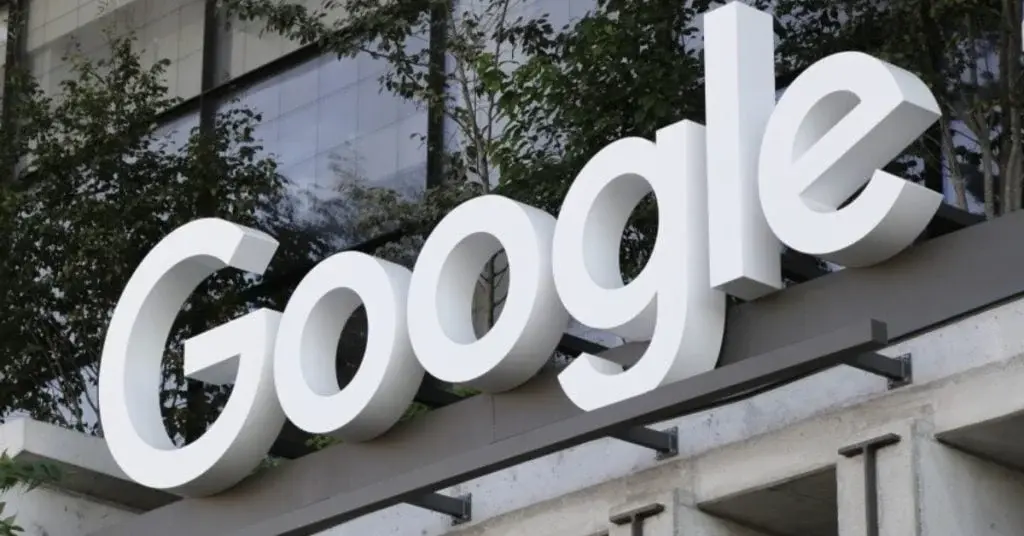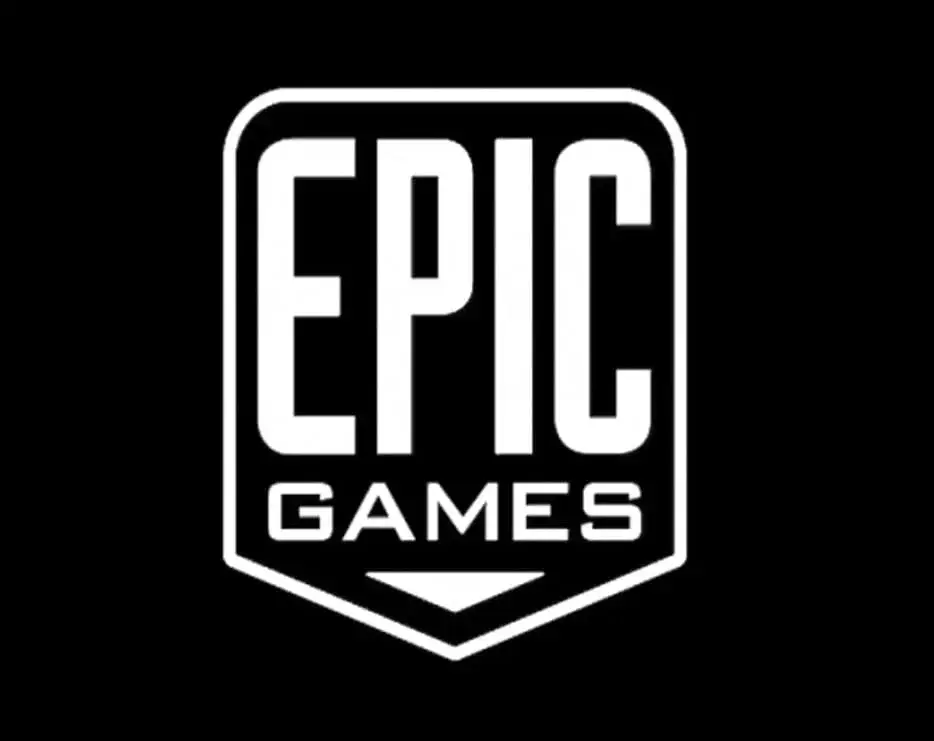Google Settles Antitrust Lawsuit with $700 Million Payment
Google's parent company, Alphabet, has reached a settlement in a major antitrust lawsuit, agreeing to pay $700 million and make changes to the Google Play Store's policies. The settlement comes after pressure from all 50 US states and consumers, who accused Google of using unfair tactics to force developers to exclusively use the Play Store, resulting in inflated app prices. Google would take a 30% cut from each Play Store transaction, which affected both consumers and developers.
Changes to the Play Store Ecosystem
To resolve the legal dispute, Google has agreed to pay a significant sum and loosen its control over the Play Store ecosystem. Here are the key changes:
$630 Million Consumer Fund
Google will establish a $630 million consumer fund, which aims to compensate consumers who may have overpaid for in-app purchases made through Google Play. The distribution of this fund will be subject to court approval, and specific details regarding its distribution have not been disclosed.
$70 Million State Fund
In addition to the consumer fund, Google will pay an additional $70 million to the states. The states will have the discretion to allocate this fund as they see fit.
Opening Up the App Ecosystem
As part of the settlement, Google will also make changes to the app ecosystem, allowing for more flexibility and options for developers and consumers.
Separate Billing System for Developers
Developers will now have the choice to use a separate billing system, which will save them 4% on the fees imposed by the Play Store. This change comes after Google tested the system for over a year and is now ready to implement it officially. Additionally, developers will be able to offer different price options within their apps, providing consumers with more flexibility.
Easier App Downloads Outside the Play Store
Google is making it easier for users to download apps directly from developers' websites, bypassing the Play Store entirely. This move aims to loosen the Play Store's hold on app downloads and provide users with more options.
Updates Through Alternative App Stores
Phone makers will no longer require Google's permission to pre-install other app stores, even skipping the Play Store altogether. In the upcoming Android 14, these alternative stores will also be able to handle app updates, reducing Google's control over the app distribution process.
Overall, this settlement and the changes implemented by Google aim to address the concerns raised in the antitrust lawsuit. By opening up the app market and reducing its control, Google seeks to create a more competitive and consumer-friendly environment for app developers and users alike.


